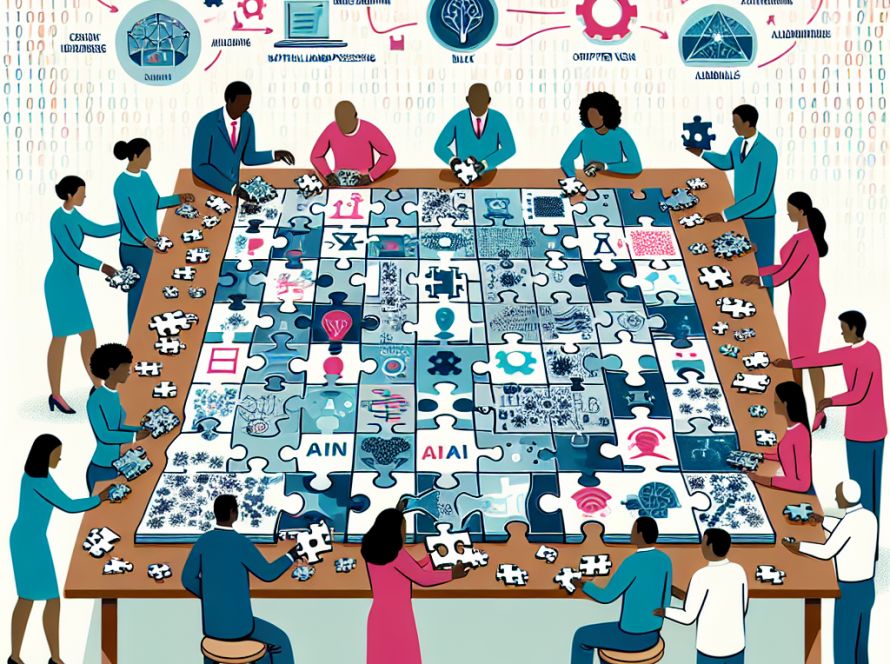On-Device Intelligence (ODI) is a promising technology bridging mobile computing and artificial intelligence (AI) for real-time personalized services without reliance on the network. While the technology shows promise in applications like medical diagnostics and AI-enhanced tracking, it faces challenges due to decentralized user data and privacy concerns.
Traditional methods such as cloud-based computing raise privacy issues as raw data is shared with the cloud, while Federated Learning and Transfer Learning grapple with connectivity and computational efficiency issues. However, researchers from IEEE propose a solution – Privacy-Preserving Training-as-a-Service (PTaaS), a paradigm designed to balance the needs of AI model training with the constraints of on-device learning.
PTaaS delegates primary AI model training to remote servers, thus assuaging privacy concerns while also reducing the computational load on devices. It achieves this by generating customized on-device models based on anonymous queries, preserving privacy yet allowing for effective AI model training. The methodology of PTaaS encompasses five layers – infrastructure, data, algorithm, service, and application, allowing for a standardized design and adaptation to user needs.
Key advantages of PTaaS include the preservation of privacy, centralized training that reduces computation and energy usage at the user end, and simplicity and flexibility that enables model training updates as per need. The service also provides cost fairness and profit potential, enticing participation and promoting adoption.
By outsourcing on-device model training to cloud or edge providers, PTaaS successfully addresses the challenges of ODI. Future-oriented research seeks to enhance privacy mechanisms, improve resource management in cloud and edge computing, enhance model training, and developing standard specifications for PTaaS.
Overall, PTaaS presents a novel approach to privacy-friendly, customized machine learning model training for end devices, bridging the gap between the potential of ODI and the constraints of device limitations and privacy concerns. The research contributing to the development of this novel service paradigm deserves due credit for paving the way for privacy-preserving, computational models in the era of Internet of Everything.


